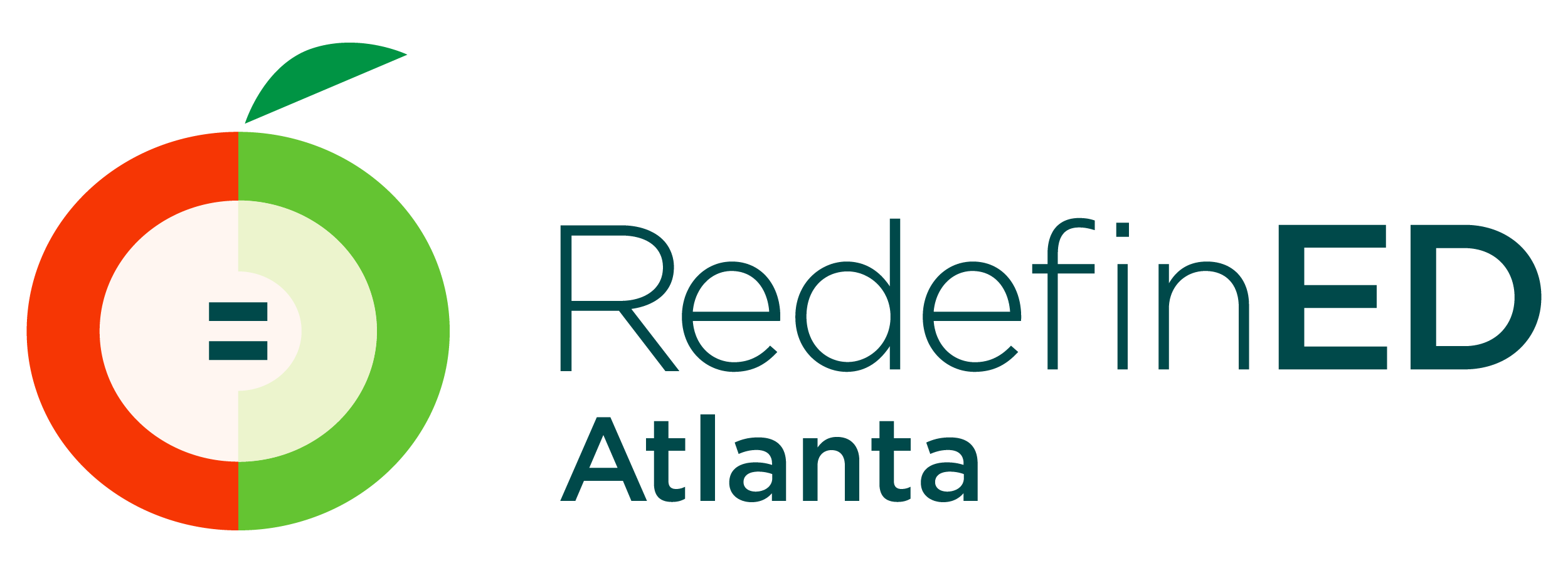A City Changing: An Annual Convening
Sparking conversations. Building coalitions. Inspiring new approaches.
Home » Initiatives & Impact » Collaborative Ecosystems » A City Changing: An Annual Convening
Metro Atlanta is a diverse, dynamic, and growing region, and our schools are evolving along with it. The future of K–12 public education depends on how we support the people at the center of it all: our educators.
A City Changing is an annual event where education leaders, policymakers, funders, and community advocates come together to discuss our city’s most pressing challenges related to public education. This year, we focused on strategies for developing and retaining strong teachers so they stay in the classrooms where they’re needed most.
We’re excited to announce details for next year’s convening in Spring 2026.
